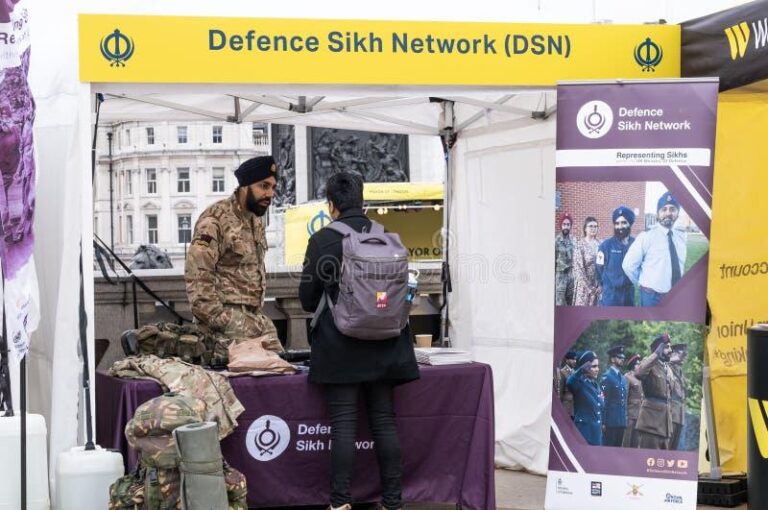The UK Sikh Network has issued a formal warning of potential legal action in response to the UK government’s proposed definition of Islamophobia. The group argues that the current draft specifically targets Muslims and fails to adequately address discrimination faced by other minority communities, including Sikhs. Their challenge highlights growing concerns about inclusivity and fairness in the government’s approach to tackling religious hatred, sparking a wider debate over the scope and impact of hate crime legislation in the UK.
UK Sikh Network Challenges Proposed Islamophobia Definition Citing Concerns of Exclusion
The UK Sikh Network has expressed strong opposition to the government’s latest attempt to define Islamophobia, stating that the proposed wording inadvertently marginalizes other religious minorities, particularly Sikhs. The network argues that the definition, which centers predominantly on anti-Muslim sentiment, fails to recognize the interconnected nature of religious hate crimes and may leave Sikhs vulnerable to discrimination without adequate legal safeguards. In response, representatives have issued a formal warning, hinting at potential legal challenges should the definition be adopted in its current form.
Highlighting key concerns, the UK Sikh Network emphasizes several areas where the definition falls short:
- Exclusion of Other Faiths: The draft omits specific language to protect Sikh and other religious communities facing hate crimes.
- Ambiguity in Scope: Lack of clarity on how intersecting forms of discrimination related to religion will be addressed.
- Potential Legal Implications: Risk of creating unequal protection under hate-crime laws, possibly undermining community cohesion.
| Aspect | UK Sikh Network’s Concern |
|---|---|
| Legal Protection | Lack of inclusion for Sikh-specific hate crimes |
| Definition Clarity | Ambiguous language fails to cover intersectionality |
| Community Impact | Could deepen divisions by singling out one faith |
Community Leaders Call for Broader Inclusivity in Hate Crime Legislation
Community leaders across the UK have voiced strong concerns about recent amendments to hate crime laws, which they argue narrowly focus on Islamophobia while overlooking the wider spectrum of religious and ethnic discrimination. Representatives from Sikh, Hindu, Jewish, and other minority groups emphasize the urgent need for legislation that addresses all faiths equally, reflecting the nation’s diverse social fabric. They warn that exclusive definitions risk marginalising other communities that face similar levels of hostility and violence, potentially deepening divisions rather than fostering solidarity.
In a coordinated response, these leaders have outlined key demands to lawmakers, calling for:
- Inclusive legal frameworks recognizing hate crimes against all religious minorities
- Comprehensive education campaigns to raise awareness of interfaith harmony
- Enhanced reporting mechanisms ensuring underrepresented groups can safely report incidents
| Community | Reported Hate Crimes (2023) | Request to Government | ||||||||||||||||||||||
|---|---|---|---|---|---|---|---|---|---|---|---|---|---|---|---|---|---|---|---|---|---|---|---|---|
| Sikh | 1,200+ | Broaden Islamophobia definition | ||||||||||||||||||||||
| Jewish | 950 | Inclusive hate crime categories | ||||||||||||||||||||||
| Hindu | 700+ |
Community leaders across the UK have voiced strong concerns about recent amendments to hate crime laws, which they argue narrowly focus on Islamophobia while overlooking the wider spectrum of religious and ethnic discrimination. Representatives from Sikh, Hindu, Jewish, and other minority groups emphasize the urgent need for legislation that addresses all faiths equally, reflecting the nation’s diverse social fabric. They warn that exclusive definitions risk marginalising other communities that face similar levels of hostility and violence, potentially deepening divisions rather than fostering solidarity. In a coordinated response, these leaders have outlined key demands to lawmakers, calling for:
|




